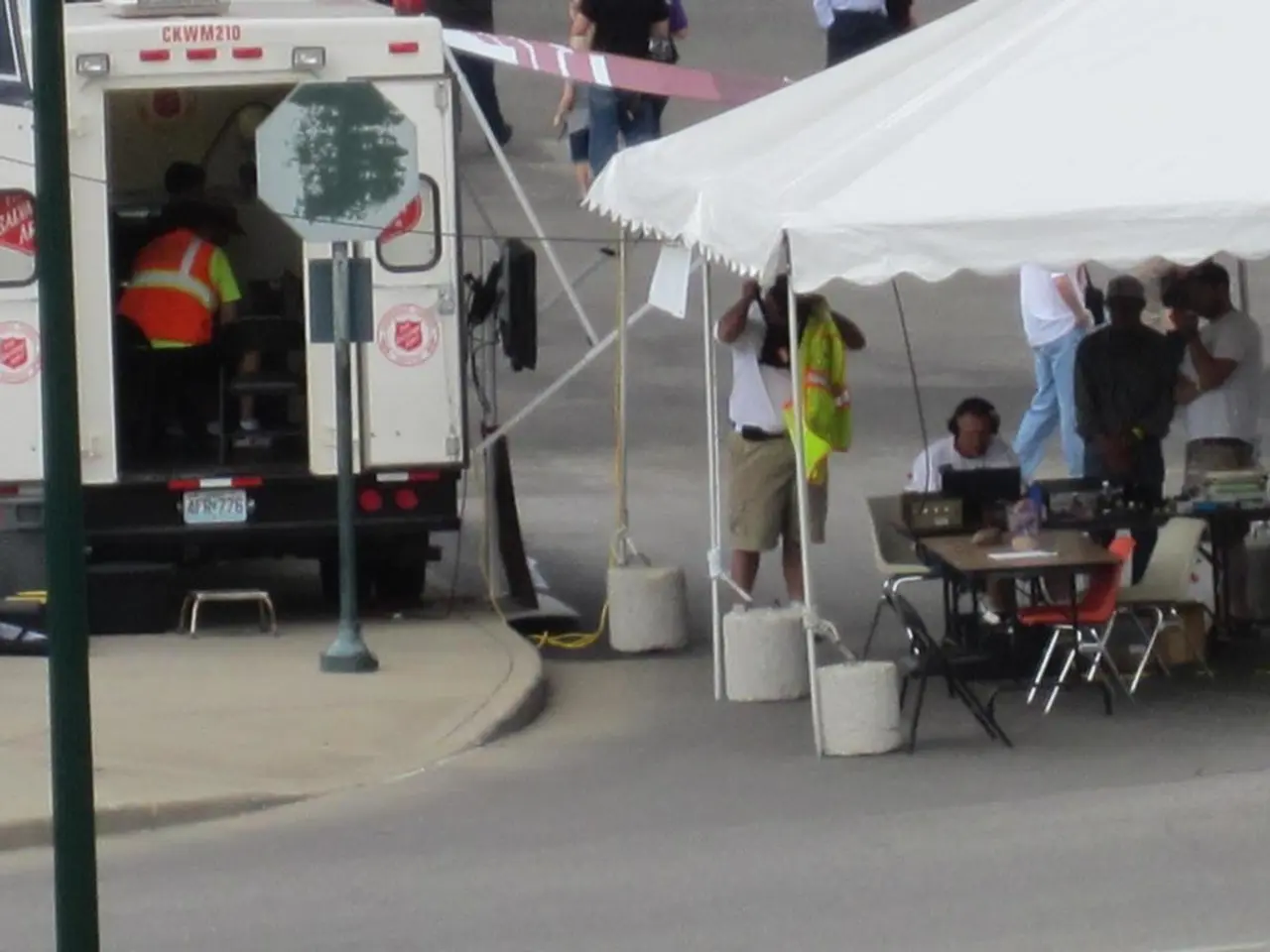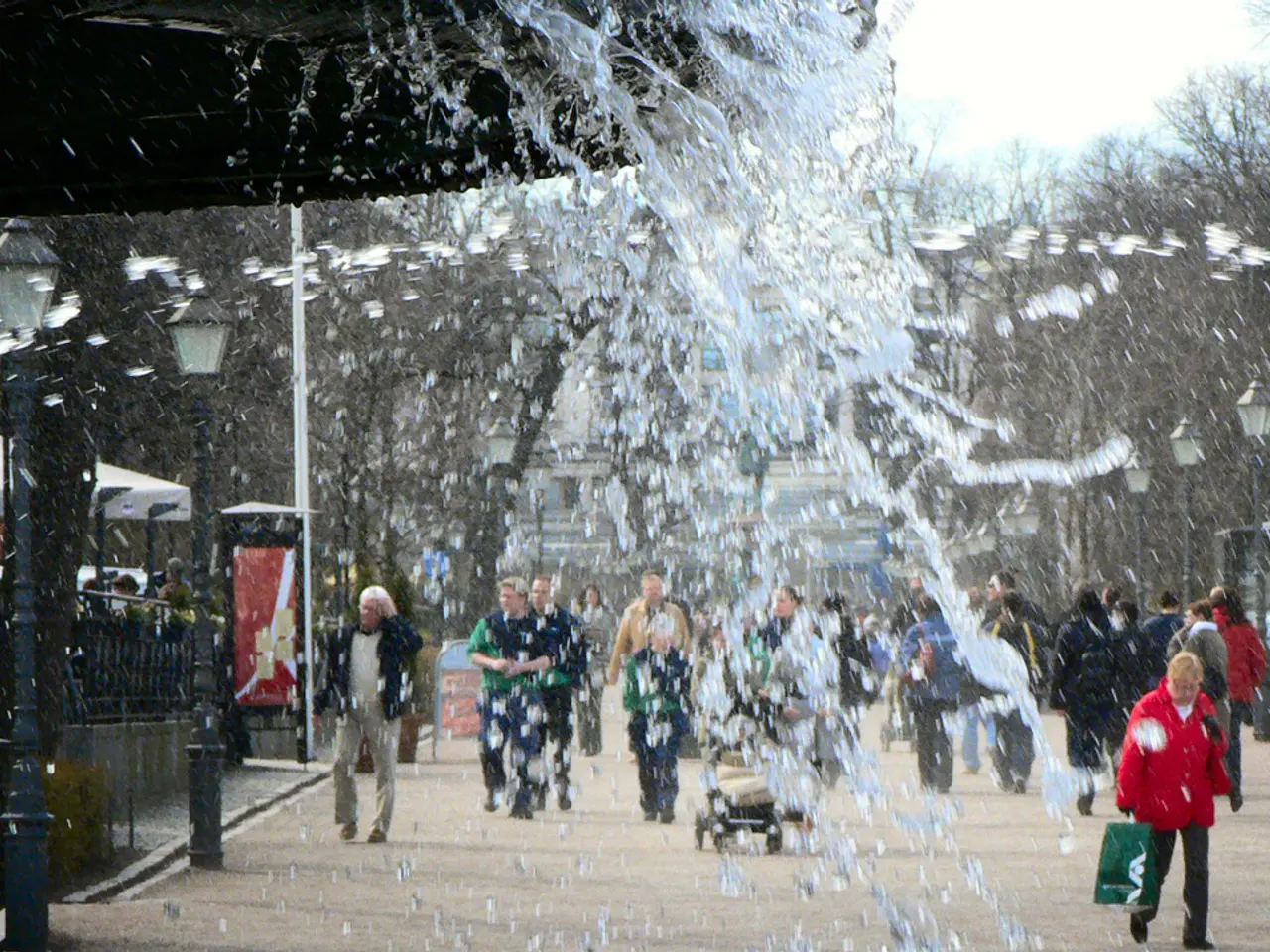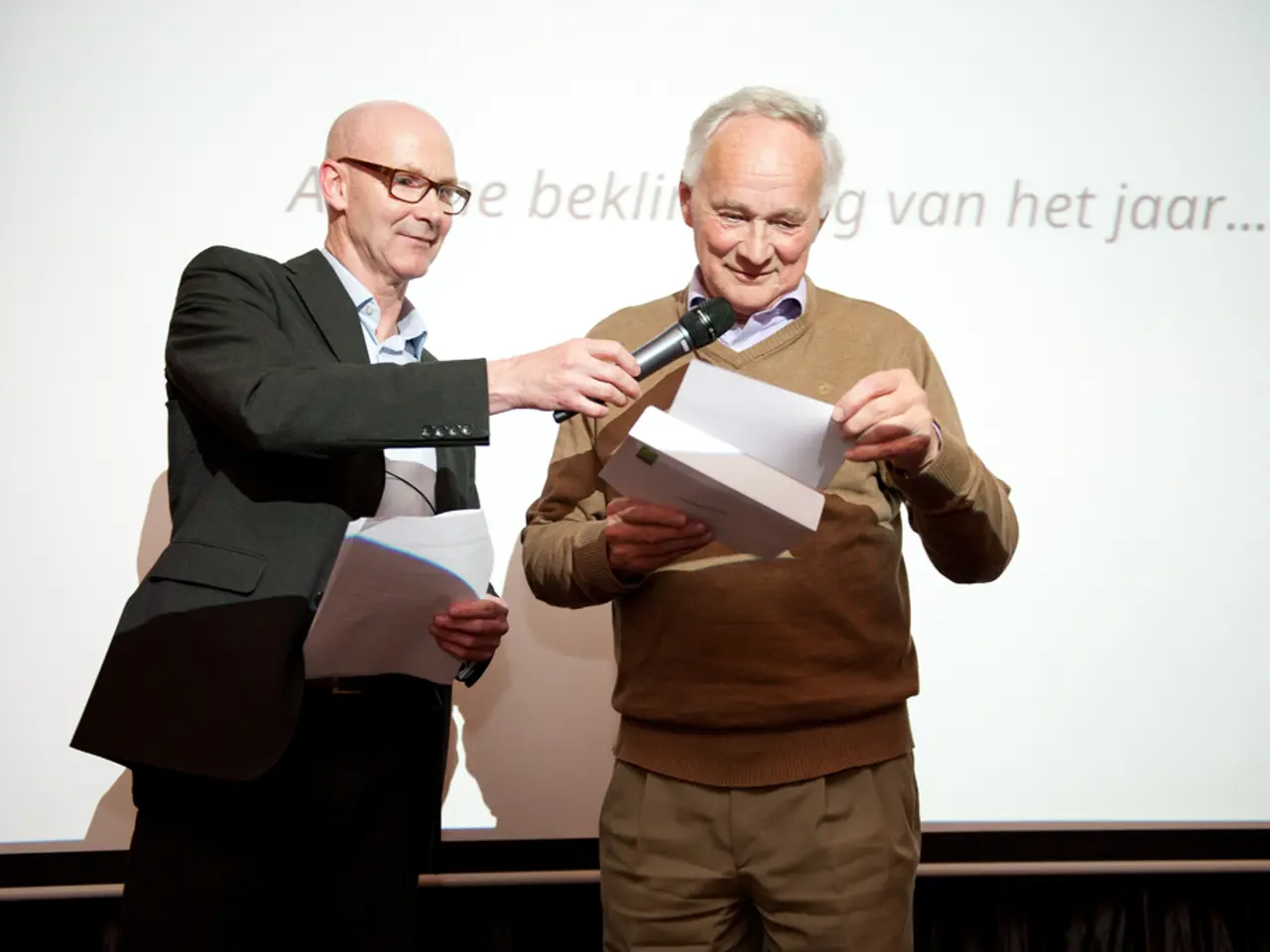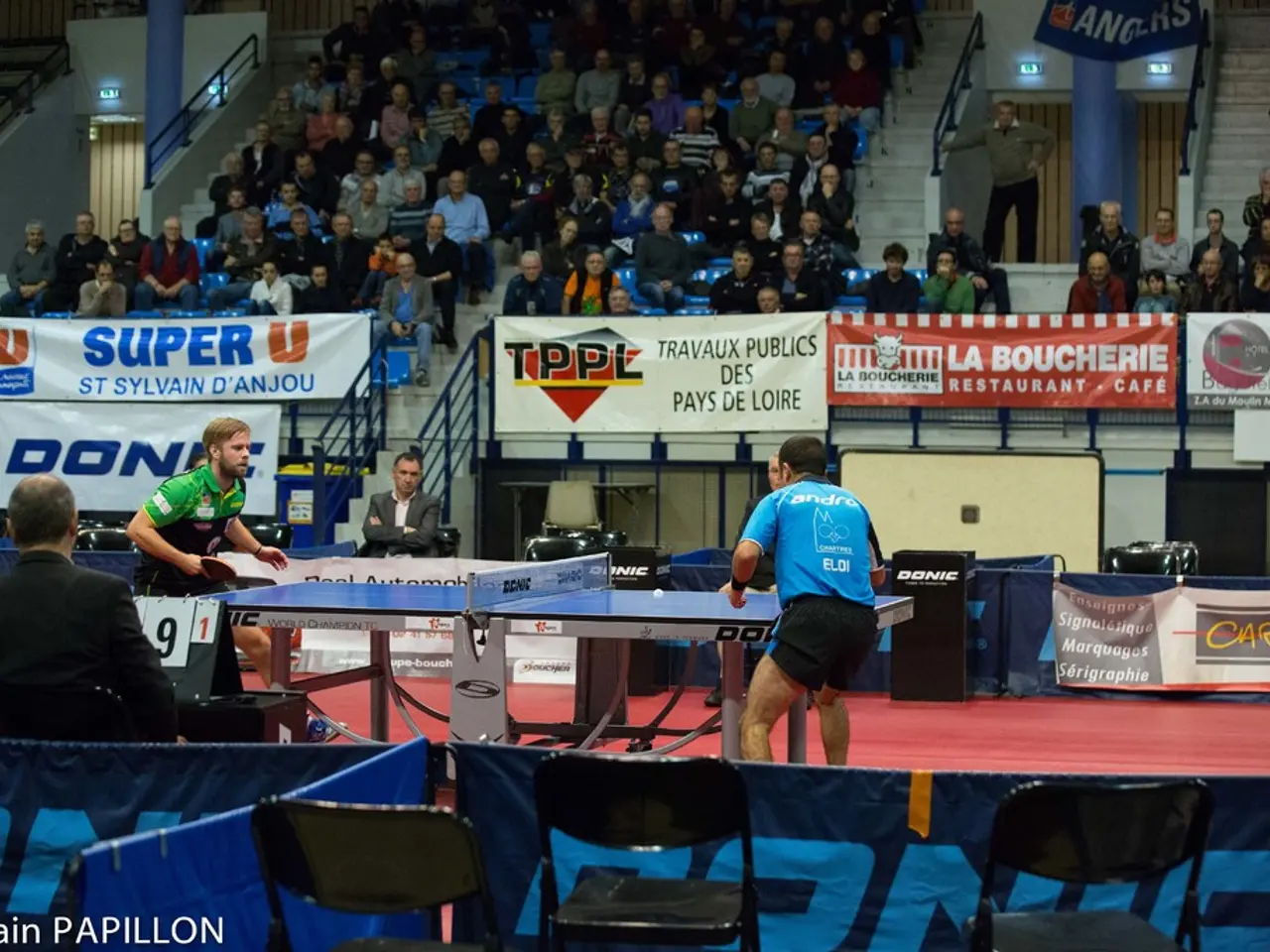Intense clashes in SueidaResult in Over 500 Fatalities and Syria's Bombardment by Israel
In the heart of Syria, the governorate of Sweida has become a focal point of a complex and evolving conflict between Druze and Bedouin communities. This conflict, influenced by broader regional dynamics, has been causing significant social, humanitarian, and political challenges for the region.
Tensions between these communities have been escalating, primarily due to competition for resources and influence. The Druze, who have historically maintained a semi-autonomous status, have armed militias to protect their communities from external threats, including extremist groups like ISIS. However, these militias sometimes create tensions around security responsibilities and control.
Economic hardship and competition for scarce resources further exacerbate the tensions. The ongoing conflict in Syria has led to significant economic challenges, with shortages of food, water, and other essential supplies.
The Syrian government has sought to maintain control over the region, but the Druze have historically maintained a degree of autonomy. This relationship is complex, with some Druze groups cooperating with government forces while maintaining their own security structures.
The conflict has contributed to overall social tensions within Syria, which have been exacerbated by the broader civil war. Inter-communal violence can undermine efforts towards reconciliation and stability.
The conflict has also added to the humanitarian challenges facing Syria. Both Druze and Bedouin communities have been affected by the broader Syrian conflict, leading to displacement and the need for sustained humanitarian aid.
For Syria to move forward, addressing these communal tensions requires political and security reforms that ensure the rights and representation of all communities, including the Druze and Bedouin populations. This is crucial for re-establishing national unity and rebuilding trust among different communities.
In recent days, at least 516 people have died in the fighting in Sweida, according to the Syrian Observatory for Human Rights. The organization has confirmed the death of 150 Druze, including 71 civilians, in the conflict. Israeli airstrikes have also taken place in Sweida and against targets in Damascus.
The Syrian transitional president, Ahmed al-Shara, has assigned local factions and religious sheikhs to maintain security in Sweida in an attempt to avoid a new large-scale war in the country. However, this decision is defended as a grave risk to national unity.
As the conflict continues, it is essential to address the root causes of the tensions and work towards a peaceful resolution that ensures the safety and well-being of all communities in Sweida and across Syria.
- The ongoing conflict in the governorate of Sweida in Syria, rooted in disputes between Druze and Bedouin communities over resources and influence, has not only led to devastating humanitarian crises but also escalated to include war-and-conflicts aspects, as seen in the recent Israeli airstrikes.
- Politics and sports often serve as avenues for unity and understanding among communities, yet in the case of Sweida, these divisive issues have seeped into general news, causing significant social, humanitarian, and political challenges that demand urgent attention and reforms for peaceful coexistence.








